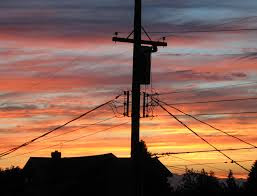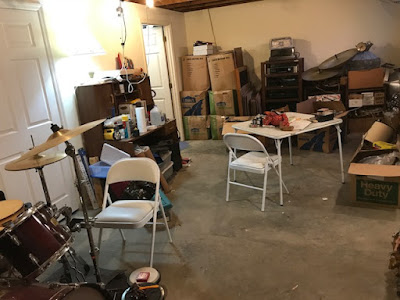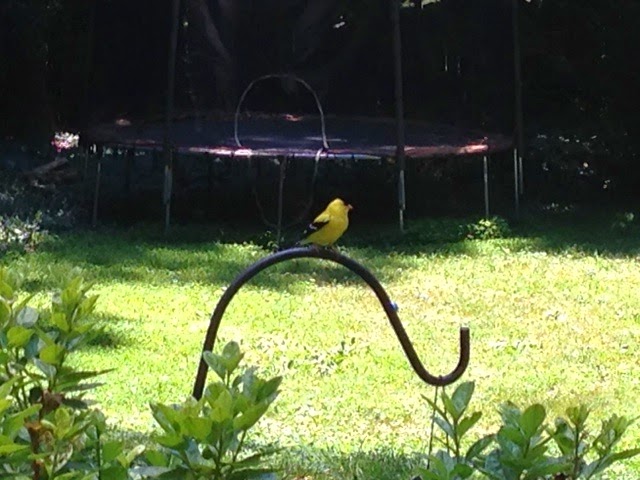Land Lines
I almost called the old number last night — 253-0163. I didn’t, but I thought of it. My fingers were ready for those digits, itching to play an old tune I once knew by heart.
It was an easy number to remember when I learned it, had a brisk pace and memorable cadence. But 253-0163 had nothing on 266-8078, the land line of my youth. I knew this number when we were both still wet behind the ears — when it was only 68078. It was the number I lisped as a preschooler, the number I called from college (only for minutes at a time, long distance costing what it did in those days).
I’m convinced these numbers will be some of the last things to leave my brain. Which is why I can’t give up on 620-6118. It’s a land line, too, of course. And though you can’t text it, the number has many things in its favor, chief among them being that it belongs to a house and not a person.
An old-fashioned view to be sure, which my resident millennial reminds me of all the time. But I like how it works when cell numbers don’t. I like its continuity through years. And so, even though it’s fashionable to fly solo, I think I’ll keep it.
(Photo: Wikimedia)




